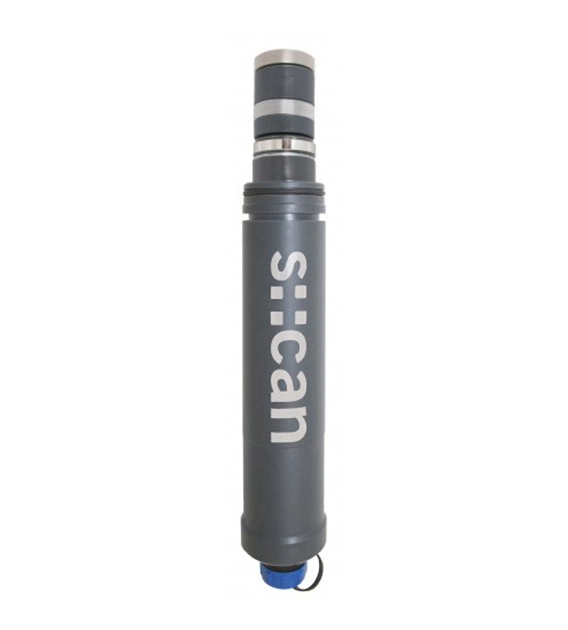The chlori::lyser appears to be an advanced sensor designed to measure the concentration of free chlorine or total chlorine in water, making it ideal for monitoring the disinfection process in drinking water treatment plants. The amperometric measuring principle, combined with a 3-electrode system and a membrane covering, allows for stable and highly precise readings, even when the pH, temperature, or flow rate of the water fluctuates.
One of the key benefits of the chlori::lyser is its pH-independence, which enables accurate measurements in a pH range from 4 to 10+ for free chlorine and 4 to 12 for total chlorine. Additionally, the chlori::lyser requires very low maintenance, with only the membrane needing replacement once a year. The sensor also demonstrates low cross-sensitivity to many surfactants, although it may be sensitive to chlorine dioxide and ozone, which can be compensated by using readings from the spectro::lyser.
The chlori::lyser is designed for easy installation and operation via s::can terminals and s::can software. It can be mounted and measured in a flow cell, making it a highly effective and efficient tool for monitoring chlorine levels in drinking water treatment plants.

